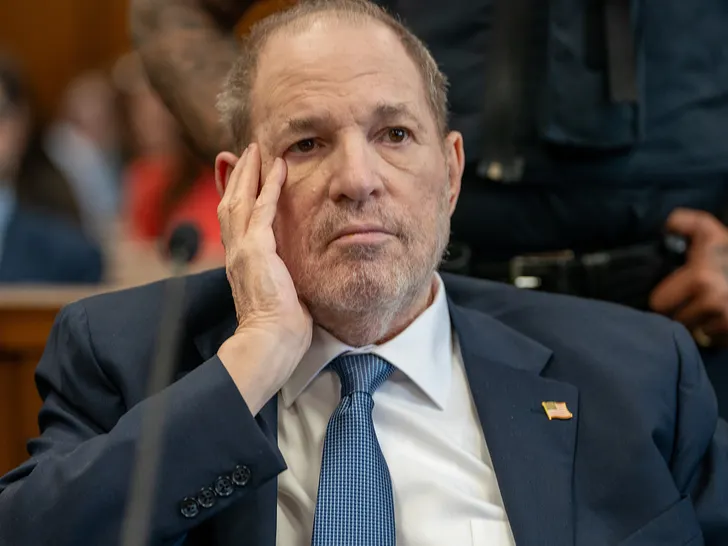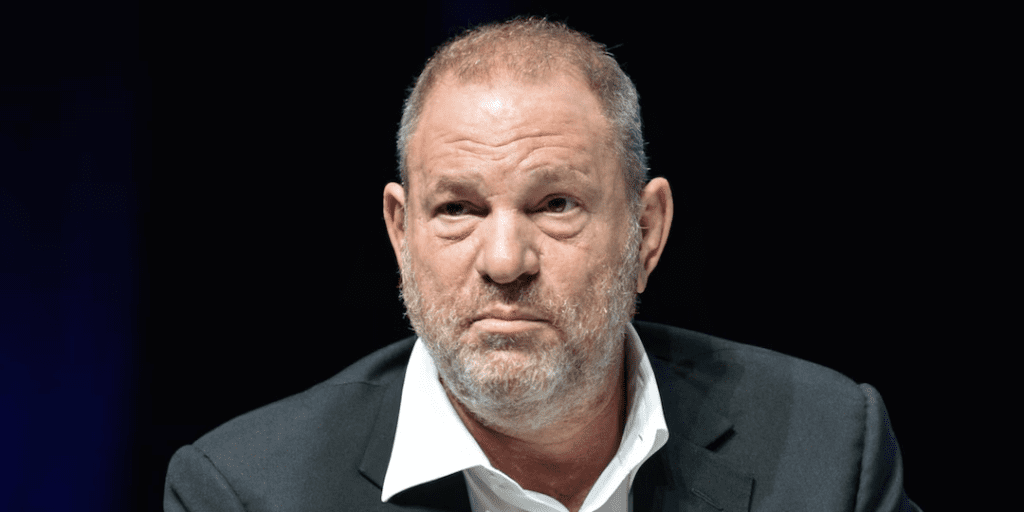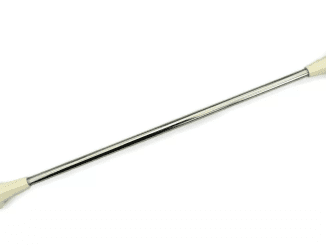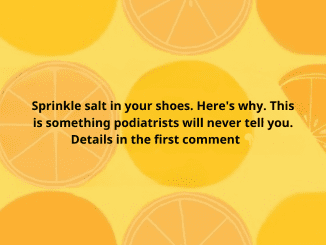Harvey Weinstein, the disgraced former Hollywood mogul, is now facing a life-threatening medical condition on top of his legal woes. Recent reports confirm that Weinstein, currently serving multiple prison sentences for sexual assault and rape, has been diagnosed with chronic myeloid leukemia, a form of bone marrow cancer. The news has brought a new dimension to the saga of one of the most notorious figures of the #MeToo era. Here’s what you need to know about Weinstein’s diagnosis, its implications, and his ongoing legal challenges.

Weinstein’s Diagnosis: Understanding Bone Marrow Cancer
Bone marrow cancer, specifically chronic myeloid leukemia (CML), is a rare type of cancer that originates in the bone marrow and affects the blood cells. Weinstein’s spokesperson recently confirmed the diagnosis, highlighting his deteriorating health. Chronic myeloid leukemia is typically slow-progressing and can be managed with proper treatment, but it requires consistent medical care and can be life-threatening without it.
Weinstein’s legal healthcare representative, Craig Rothfeld, expressed frustration over the leak of this sensitive information, emphasizing the need for privacy regarding Weinstein’s health. “It is both troubling and unacceptable that such private and confidential health matters have become a subject of public discourse,” Rothfeld said. Despite the efforts to keep his condition under wraps, the news has sparked public debate about Weinstein’s health in prison.
Weinstein’s Health Struggles Behind Bars
Weinstein’s health troubles began even before his incarceration. At 71 years old, Weinstein has faced a series of medical challenges while serving his combined 39-year sentence for multiple sexual assault convictions. In addition to his newly revealed cancer diagnosis, he has struggled with heart problems, diabetes, and other health complications.
In 2020, Weinstein underwent emergency heart surgery, which nearly claimed his life, according to his attorney Arthur Aidala. During this period, he was also hospitalized for severe cases of COVID-19 and double pneumonia. These medical issues, combined with the stress of his imprisonment, have contributed to Weinstein’s declining physical state.
The Legal Fallout: Multiple Convictions and Ongoing Appeals
Harvey Weinstein’s criminal history has been marked by two major convictions: one in New York and one in Los Angeles. His first conviction in 2020 in New York was a landmark case in the #MeToo movement, which empowered women to speak out against sexual misconduct in the entertainment industry. However, this conviction was recently overturned by the New York Court of Appeals. In a narrow 4-3 decision, the court ruled that the inclusion of testimony from accusers not part of the original case had unfairly influenced the jury, leading to a prejudiced verdict.
Despite the overturned conviction in New York, Weinstein remains imprisoned due to his separate conviction in Los Angeles. In 2022, he was found guilty of raping an actress, identified as “Jane Doe 1,” at a Beverly Hills hotel in 2013. He was subsequently sentenced to an additional 16 years in prison, further complicating his legal battles.

Weinstein’s Pleas for Clemency: A Bid for Reduced Sentencing
During his trial in Los Angeles, Weinstein maintained his innocence and made a desperate plea for a reduced sentence. “Please don’t sentence me to life in prison. I don’t deserve it. There are so many things wrong with this case,” he told the court. Weinstein described the situation as a “setup” and begged for mercy, claiming that the evidence presented against him was flawed. His appeals for leniency, however, have largely fallen on deaf ears, with judges emphasizing the gravity of the offenses and the impact on the victims.
The 2013 assault in Beverly Hills, for which Weinstein was convicted, had a devastating effect on the victim, an Italian actress and model. In her testimony, she revealed the profound impact of the assault, stating, “Before that night, I was a very happy and confident woman. I valued myself and the relationship I had with God. Everything changed after the defendant brutally assaulted me.”
Public Reaction: The #MeToo Movement and Weinstein’s Downfall
Weinstein’s 2020 conviction was celebrated as a major victory for the #MeToo movement, signaling a significant shift in accountability for sexual predators in Hollywood. As one of the most powerful figures in the film industry, Weinstein’s fall from grace was monumental, sparking a global conversation about sexual misconduct, abuse of power, and the urgent need for systemic change.

While some have expressed concern over Weinstein’s health, others argue that his medical condition should not overshadow the gravity of his crimes. The impact of Weinstein’s actions has been felt deeply by his victims, who continue to call for justice and closure. The news of his bone marrow cancer diagnosis has thus elicited mixed reactions, with some seeing it as a consequence of his actions, while others view it as a matter of human compassion.
What’s Next for Weinstein? The Legal and Medical Outlook
As Weinstein’s medical condition continues to deteriorate, his legal team is navigating complex issues surrounding his imprisonment and potential medical care. While chronic myeloid leukemia can be treated with medication, such as tyrosine kinase inhibitors (TKIs), the condition requires regular medical assessments and continuous monitoring—something that can be challenging within the constraints of the prison system.
Weinstein’s legal team may leverage his health condition in future appeals, potentially arguing for medical parole or a reduced sentence based on humanitarian grounds. However, given the severity of his convictions and the ongoing support for the victims, any decision to grant Weinstein leniency would likely face significant public and legal scrutiny.
Conclusion: The Complex Legacy of Harvey Weinstein
Harvey Weinstein’s story is one of power, corruption, and eventual downfall. His rise to fame in Hollywood was marked by both groundbreaking films and predatory behavior that left a trail of victims. Now, as he battles bone marrow cancer, Weinstein’s life remains entangled in controversy and legal battles. His health struggles have added a new layer to an already complex saga, raising questions about justice, punishment, and redemption.
Whether Weinstein’s medical condition will alter the course of his legal battles remains uncertain. But one thing is clear: his story serves as a stark reminder of how power, when unchecked, can have devastating consequences. The #MeToo movement, born in response to stories like Weinstein’s, continues to push for accountability and change in an industry that once protected its most powerful figures.


